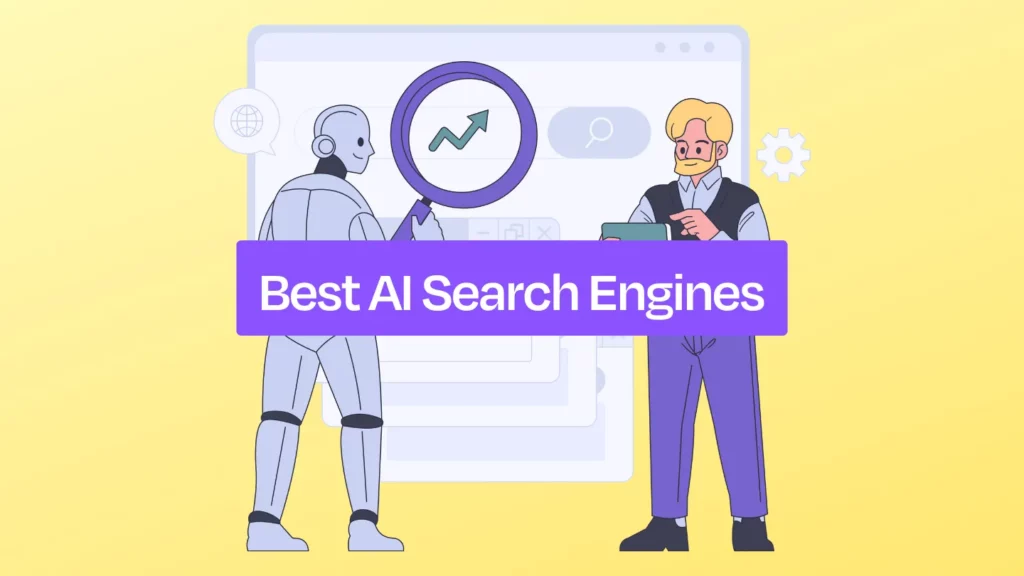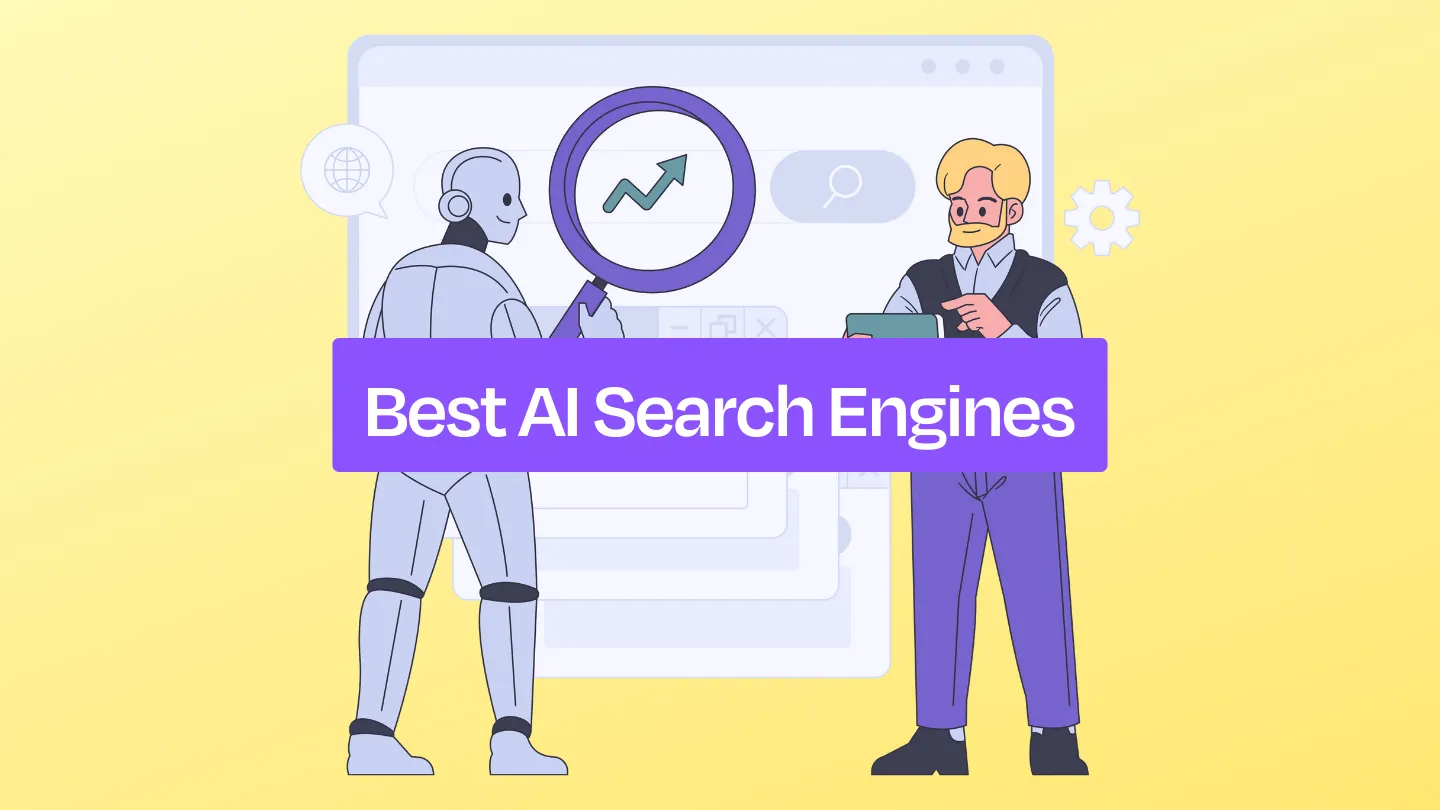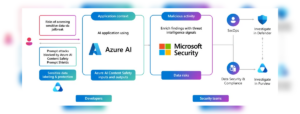
Introduction
In the rapidly evolving digital landscape of 2024, AI search engines have emerged as powerful tools transforming how we access and interact with information.
These advanced search engines leverage artificial intelligence to deliver more accurate, relevant, and personalized results.
As the demand for smarter and more intuitive search capabilities grows, several AI-driven search engines are leading the charge, each offering unique features and advantages.
This article delves into the top 5 AI search engines of 2024, exploring their innovations, capabilities, and impact on the future of search technology.
Follow us on Linkedin for everything around Semiconductors & AI
1. GPT-4 Web Search (OpenAI)
GPT-4, the granddaddy of large language models, now making waves in the search engine realm. Known for its conversational prowess, GPT-4 Web Search has significant improvements in contextual understanding. It can now tackle complex queries with greater ease, drawing upon an ever-expanding knowledge base to deliver insightful results.
- Strengths: Improved accuracy, strong contextual understanding.
- Weaknesses: Inconsistency, limited access to some websites, lack of in-depth analysis compared to competitors.
2. Perplexity AI
This purpose-built AI search engine prioritizes delivering concise and accurate answers, making it a goldmine for scholars and information devourers alike. Regular updates ensure Perplexity AI stays at the forefront of search innovation, with features like “Pages” offering a deeper dive into complex topics and incognito search allowing for privacy-focused exploration.
- Strengths: Frequent updates, strong citation attribution, quick responses.
- Weaknesses: Accuracy concerns, superficial analysis at times, context loss with multiple queries.
3. Nelima
Nelima is the new kid on the block. This large language model has real-time browsing capabilities. Its web parsing skills are top-notch, ensuring you get the most relevant content from any webpage. But the real deal is Nelima’s ability to take action. Imagine an AI search engine that can not only find information but also book flights or schedule appointments – that’s the power of Nelima.
- Strengths: Real-time browsing, exceptional web parsing, ability to take actions beyond search.
- Weaknesses: Still under development (slower response times), requires account creation.
Read More: 7 Exciting Technology Products From CES 2024 – techovedas
4. You.com
You.com takes a refreshingly user-centric approach to AI search. This customizable platform tailors your search experience to your specific needs and preferences. You.com prioritizes privacy, ensuring your search results are never filtered or influenced by your past searches. This level of transparency is a breath of fresh air in the world of data-driven search engines.
- Strengths: User-centric customization, strong privacy focus.
- Weaknesses: Short search results, potential accuracy concerns, lack of personalization based on user activity.
Read More: 6 Reasons Why Nvidia Overtook Apple as World’s Second Most Valuable Company – techovedas
5. Copilot with GPT-4 Turbo
For those deeply entrenched in the Microsoft ecosystem, Copilot with GPT-4 Turbo offers a seamless integration of AI search functionalities. This is a personal AI assistant readily available within your familiar Microsoft products, adept at understanding your search queries and delivering relevant results within the context of your workflow. The recent integration with GPT-4 Turbo promises an even more powerful search experience.
- Strengths: Tight integration with Microsoft products, improved search experience with GPT-4 Turbo.
- Weaknesses: Expensive “pro” version, limited context window, unintuitive user interface.
Conclusion
The rise of AI search engines signifies a paradigm shift in the way we interact with information online. These powerful tools offer a more nuanced and user-friendly search experience, empowering us to find what we need faster and more efficiently. As AI technology continues to evolve, we can expect even more innovative search engines to emerge, shaping the future of information retrieval.








